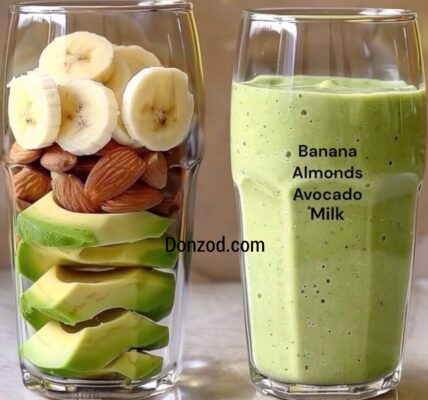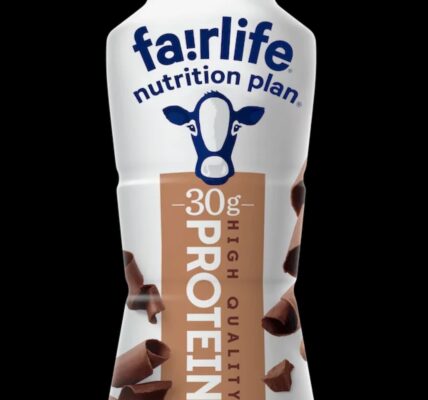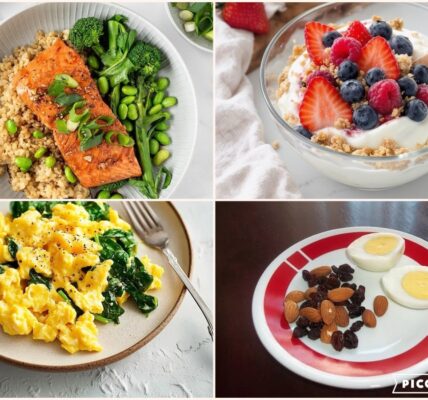Building muscle is not just about lifting heavy weights or spending hours in the gym. It is the food you eat that works the magic. Your body needs the right mix of calories, protein, carbs, and healthy fats to repair muscle fibers and create new ones.
If you are training hard but eating wrong, you will have a minimum or no results. A muscle gain food plan is not some hard diet, but a smart way of eating that supports the work you do when exercising.
Importance of Nutrition In Building Muscle.
Many people think they can just workout and see results. But the truth is muscle growth actually happens when you rest and feed the body right. After workouts, tiny tears in your muscle fibers need nutrients to heal.
Protein gives the building blocks, while carbs refill your energy stores. Healthy fats keep hormones balanced, which is important because hormones like testosterone play a big role in muscle growth.
Without enough calories, the body can even start breaking down muscle for energy, and that is the opposite of what you want.
Set Your Calorie Goal
First thing is to know how many calories you need each day. For muscle gain you must eat more than you burn. This is called a calorie surplus.
A simple way is to start with about 15 to 17 calories per pound of your body weight. So if you weigh 150 pounds, you might begin around 2,400 to 2,600 calories. Adjust after two weeks based on your results. If you are not gaining at least half a pound each week, add another 200 to 300 calories.
People sometimes worry about getting fat when eating more. The major things is to add clean calories. This means you focus on whole foods, lean meats, grains, vegetables, fruits, and nuts. A little extra body fat is normal in a bulking phase, but you can control it.
Protein As The Main Muscle Builder.
Protein is the hero nutrient for muscle gain. Aim for around 0.8 to 1 gram of protein per pound of body weight daily. That means a 150 pound person needs at least 120 to 150 grams. Spread it out across meals to help in absorbing it.
Good sources of protein include chicken breast, turkey, eggs, fish like salmon or tilapia, lean beef, Greek yogurt, cottage cheese, tofu and beans.
Many people also use whey protein shakes after workouts for convenience. Try to include some protein in every meal or snack, even if it is just a small portion like a handful of nuts or a boiled egg. Missing protein intake can slow recovery and lead to soreness for longer time.
Including Carbs In The Meal Plan.
Carbohydrates are the body’s main fuel for workouts. They refill glycogen in muscles so you can lift heavier and recover faster. Choose complex carbs like brown rice, quinoa, oats, whole wheat bread, sweet potatoes, beans, fruits, and lots of vegetables.
Many people make the mistake of cutting carbs too low, thinking it will keep them lean. But low carb while training hard can make you feel weak, tired, and even dizzy. Try to eat a serving of carbs with each meal and add a little extra around your workouts for quick energy.
Healthy Fats
Fat often gets a bad name, but it’s important for muscle growth. It supports hormone production and helps absorb vitamins like A, D, E, and K. About 20 to 30 percent of your daily calories can come from fat.
Focus on healthy sources such as avocado, olive oil, nuts, seeds, and fatty fish. A spoon of peanut butter in your oatmeal or a drizzle of olive oil on salads is an easy way to add good fats. Try not to overload on fried foods or heavy cream sauces because those can be too much saturated fat and give no extra benefit.
Building Muscle Food plan for Best Result.
Please note that you can adjust portion sizes depending on your calorie needs.
- Breakfast: 3 scrambled eggs with spinach and tomatoes, 2 slices of whole wheat bread, a banana.
- Snack: Greek yogurt with a handful of almonds.
- Lunch: Grilled chicken breast, a cup of cooked brown rice, and steamed broccoli with olive oil.
- Pre workout Snack: Oats mixed with a scoop of whey protein and berries.
- Post workout Dinner: Baked salmon, sweet potato, and green beans.
- Evening Snack: Cottage cheese with pineapple or apple slices.
This plan covers protein in every meal, balanced carbs, and healthy fats. It also gives enough fiber to ensure an easy digestion. You can swap chicken for turkey, or rice for quinoa, as long as the macronutrients stay similar.
Going forward, water is often ignored by many bodybuilders. Muscles are about 70% water, so dehydration can affect strength and recovery. Drink at least 8 to 10 cups daily, or more if you sweat heavy during workouts. Some people like to sip a sports drink during long training sessions, but water is usually enough.
Meal timing is less strict than people think. You do not have to eat every two hours, but aim to eat every 3 to 4 hours to keep energy steady. A protein snack right after training can help start muscle repair faster.
Common Mistakes You Should Avoid When Building Muscle.
- Skipping Meals: Missing meals means missing calories and protein, slowing growth.
- Relying on Junk Food: Fast food may give calories but lacks vitamins and clean protein.
- Ignoring Vegetables: Veggies give fiber and nutrients for recovery.
- Not Tracking Intake: Many think they eat enough but they don’t. A simple food diary or app can help.
- Taking Alcohol: Alcohol slows protein synthesis and can mess with sleep, making gains harder.
Your body changes as you build muscle. Weigh yourself weekly and check strength levels in the gym. If you are gaining more fat than muscle, cut calories a little or add more cardio. If you stay the same weight for more than two weeks, increase calories slightly.
Remember, building muscle is slow. Expect maybe 1 to 2 pounds of lean muscle per month if you train and eat right. You cannot gain muscle overnight. Consistency is the key.
Conclusion
Building Muscle food plan does not have to be complicated. Focus on enough calories, high protein, healthy carbs and fats, plus regular meals and water. Combine it with a solid strength training routine and good sleep, and you will see steady progress over time.
Everybody’s body is different, so do not expect the same result with the next person. If you feel heavy or weak every time you go to the gym, try to adjust portion sizes you eat. The key is to stay patient, consistent and keep eating balanced foods every single day and you will definitely see massive results over time.




